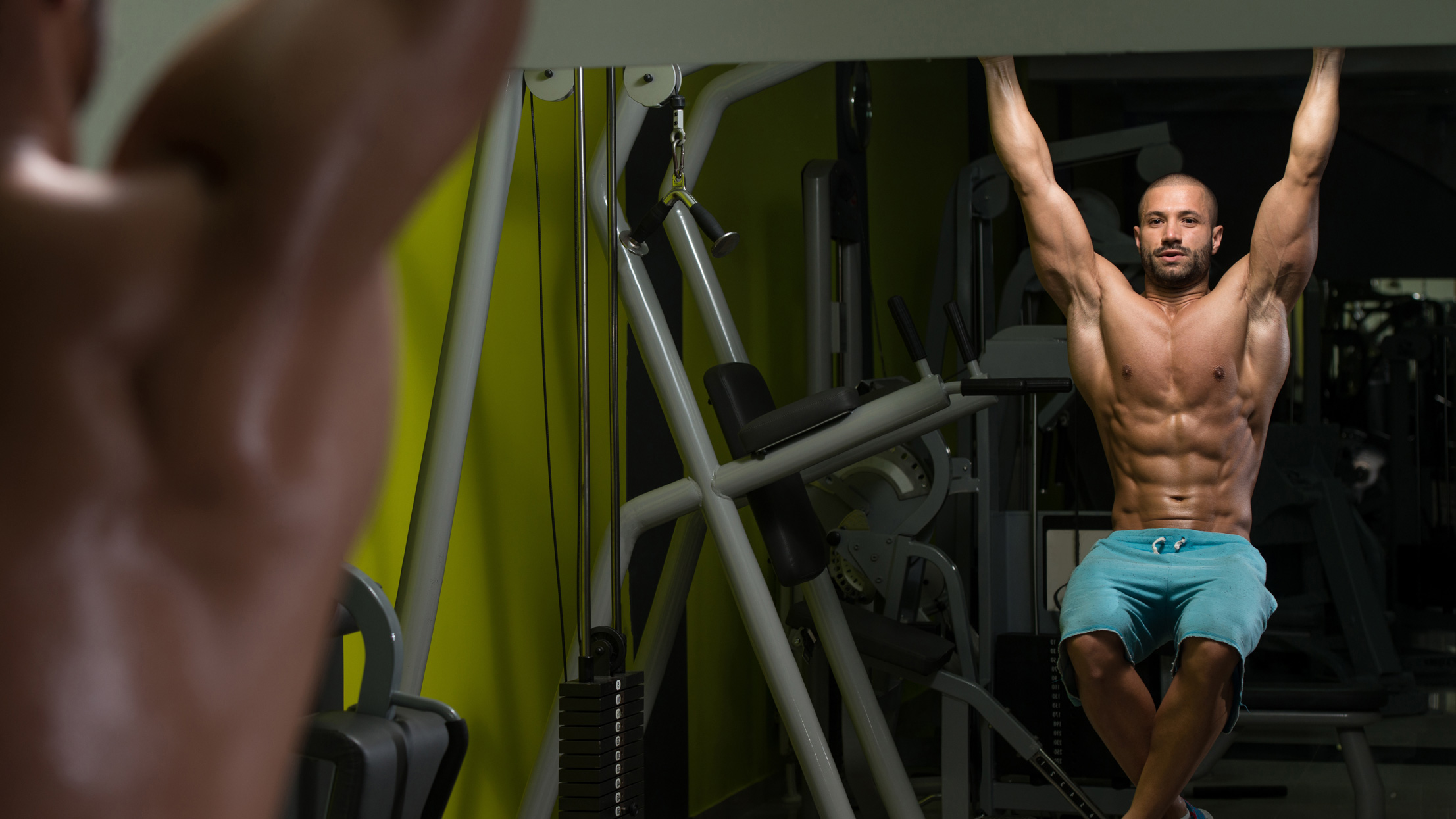Here's why I stopped doing crunches and sit-ups – and which abs exercises I do instead
Still doing crunches? Time to sit up and take notice

Sign up for breaking news, reviews, opinion, top tech deals, and more.
You are now subscribed
Your newsletter sign-up was successful
I used to love to hate crunches. When I got back into the gym after a long absence, I finished each strength workout with a four-minute Tabata sequence to condition my core. I would take an exercise like crunches and perform them for 20 seconds, rest for 10 seconds, perform another exercise for 20 seconds, and so on. Incidentally, there are plenty of free Tabata playlists on Spotify that do all this counting for you: there's no need to keep an eye on your phone's timer, as you get countdowns piped into your workout headphones.
A lot of these exercises would be ab-focused, so I might do mountain climbers, crunches, sit-ups, and bicycle crunches, and repeat that two-minute sequence for a total of four minutes. However, after finishing one of these Tabata exercises a few months ago, I began feeling a dull ache in my lower back.
I stretched it out and thought no more of it until I went home and started doing some research, consulting a few expert sources. It turns out that sit-ups and crunches are no longer the staple of fitness they used to be, but are rapidly going out of style due to an inherent risk of injury.
What's the problem with sit-ups and crunches?
When you perform a sit-up or crunch, you're curving your spine to reach your knees. If you are lying on a hard surface, you press your spine into that surface when you do.
Do this enough, and you could risk harm to your back and spine, according to research published in the Journal of Orthopaedic Sports Physical Therapy. The researchers found the pressure exerted on the spine during sit-ups "reached the magnitudes seen in forward-stooping postures believed to be a prominent factor in the production of back-pain syndromes".
Harvard University also found sit-ups tighten your hip flexors, muscles that link your thighs to your lower back. Tight hip flexors pull against the lower spine, creating discomfort in your back. Because of this mounting evidence condemning the exercise, some quarters of the US military have begun phasing crunches out of its fitness programs.

The exercises to do instead
The Harvard University report suggests trying the plank, and it's one of the exercises I've replaced sit-ups and crunches with in my abs workouts. Instead of crunches that could damage your spine, planks leave your spine "free" as you're supported on your forearms and toes.
Sign up for breaking news, reviews, opinion, top tech deals, and more.
Planks are hugely beneficial: they strengthen your rectus abdominis, obliques, and lower back. They're an isometric exercise, requiring no actual movement, and there's no impact involved, so it's a very safe exercise for people of all ages and fitness abilities. Try holding your plank for 30 seconds to start, working your way up to three sets of one minute.
Hanging knee raises are excellent alternatives to crunches too. If you have a bar or suspension trainer to hang from, crunch your knees up into your chest, engaging your rectus abdominis more effectively than a crunch, while keeping your spine free from any pressure. Hanging also works your grip strength, back muscles, and allows your spine to decompress.
Finally, wall sits are another great exercise that can be done by anyone of any age and athletic ability. Simply lower yourself into a half-squat position, brace your back against a wall and hold it for as long as you can. Isometric exercises like planks and wall-sits are joint-friendly, require no equipment, and are great ways to tone your core.
Consequently, although I've turned my back on crunches and sit-up variations, my abs feel better than ever.

Matt is TechRadar's expert on all things fitness, wellness and wearable tech.
A former staffer at Men's Health, he holds a Master's Degree in journalism from Cardiff and has written for brands like Runner's World, Women's Health, Men's Fitness, LiveScience and Fit&Well on everything fitness tech, exercise, nutrition and mental wellbeing.
Matt's a keen runner, ex-kickboxer, not averse to the odd yoga flow, and insists everyone should stretch every morning. When he’s not training or writing about health and fitness, he can be found reading doorstop-thick fantasy books with lots of fictional maps in them.